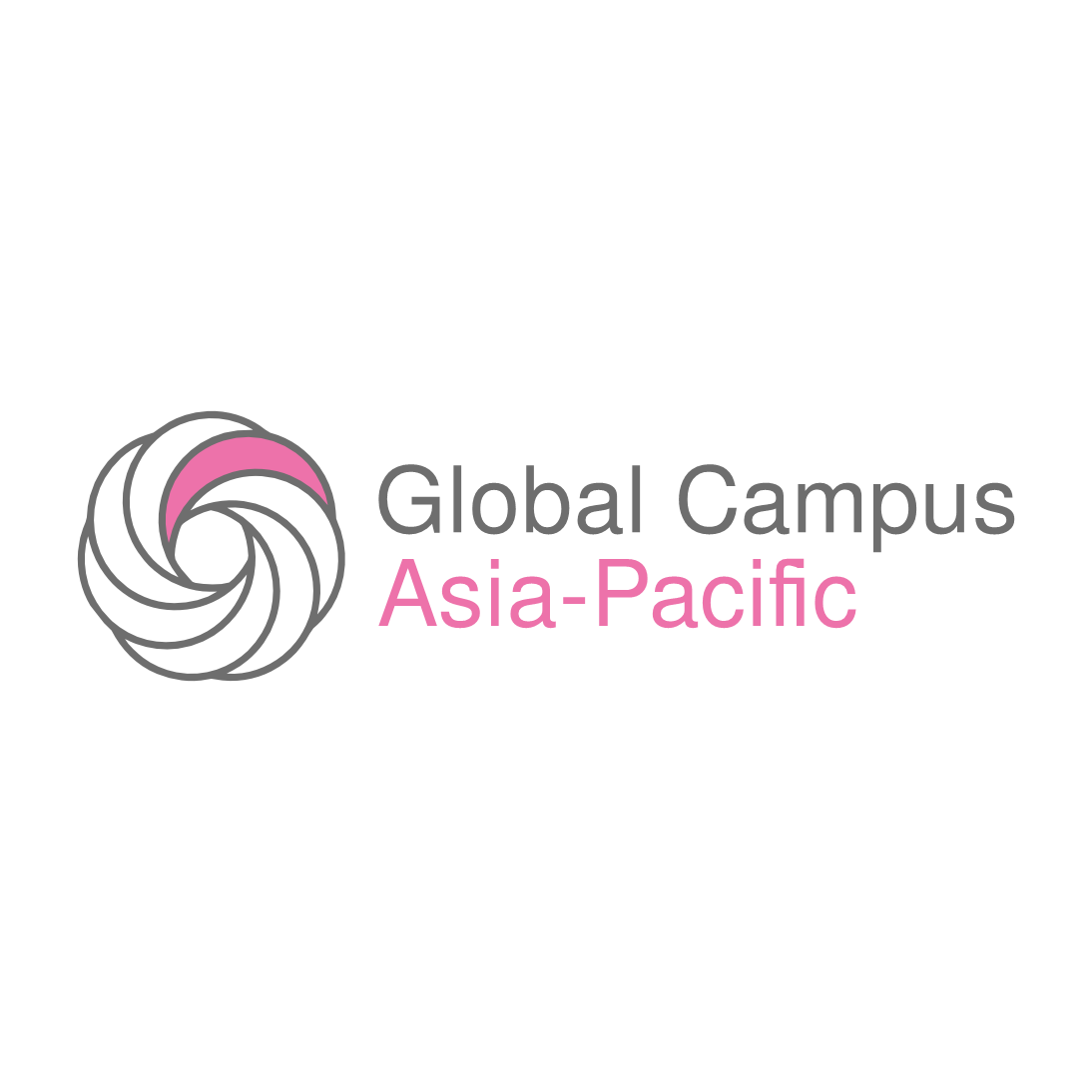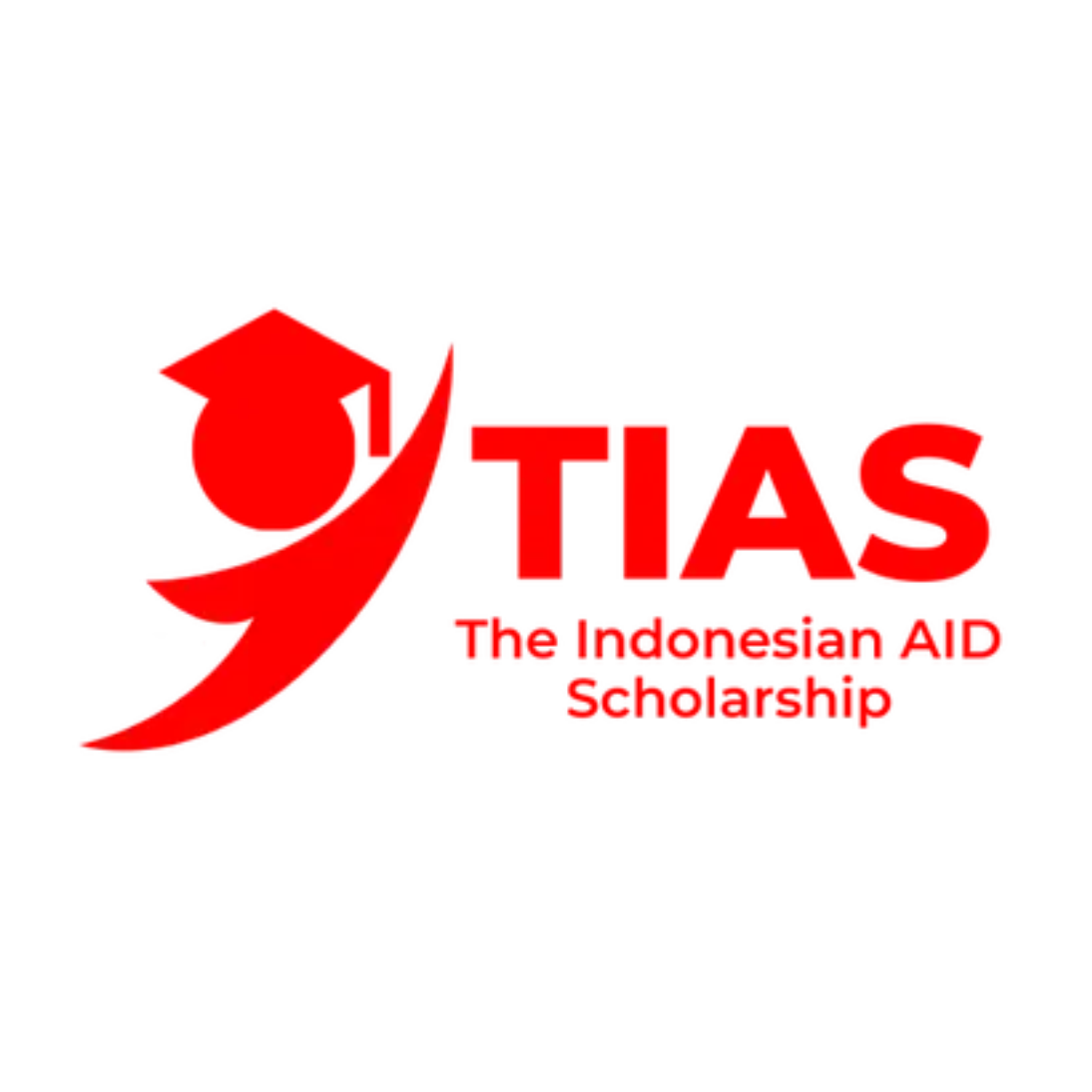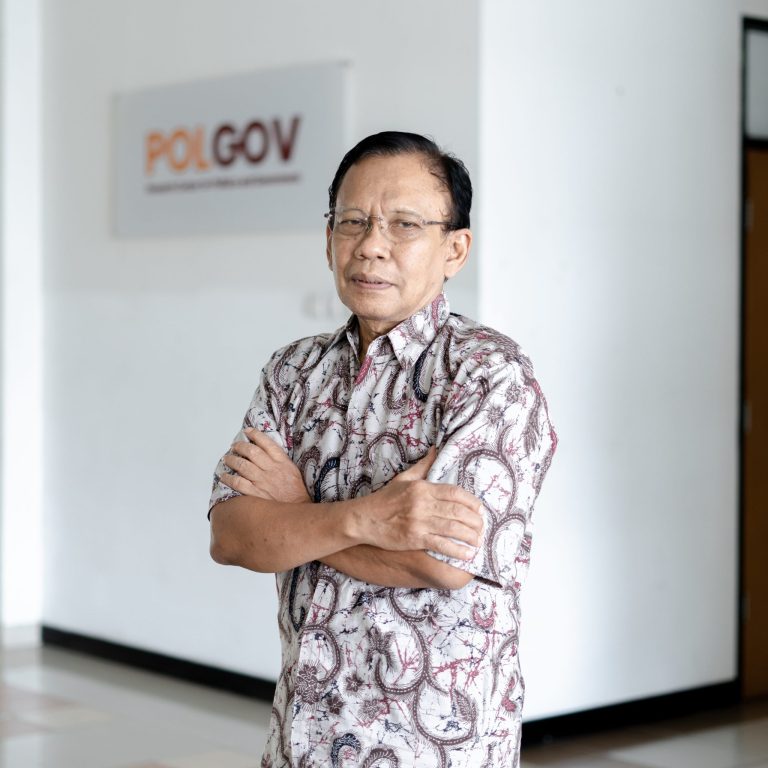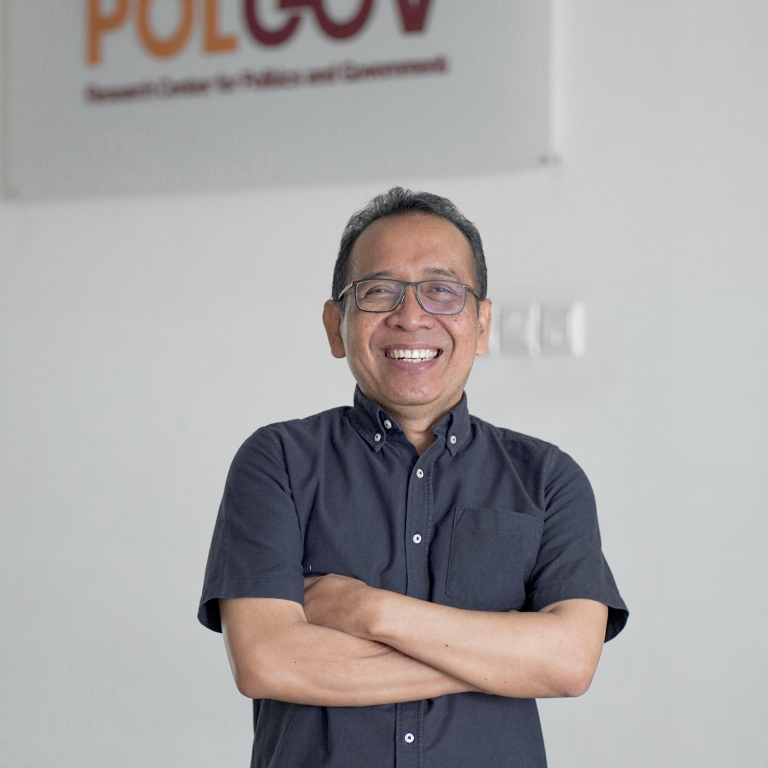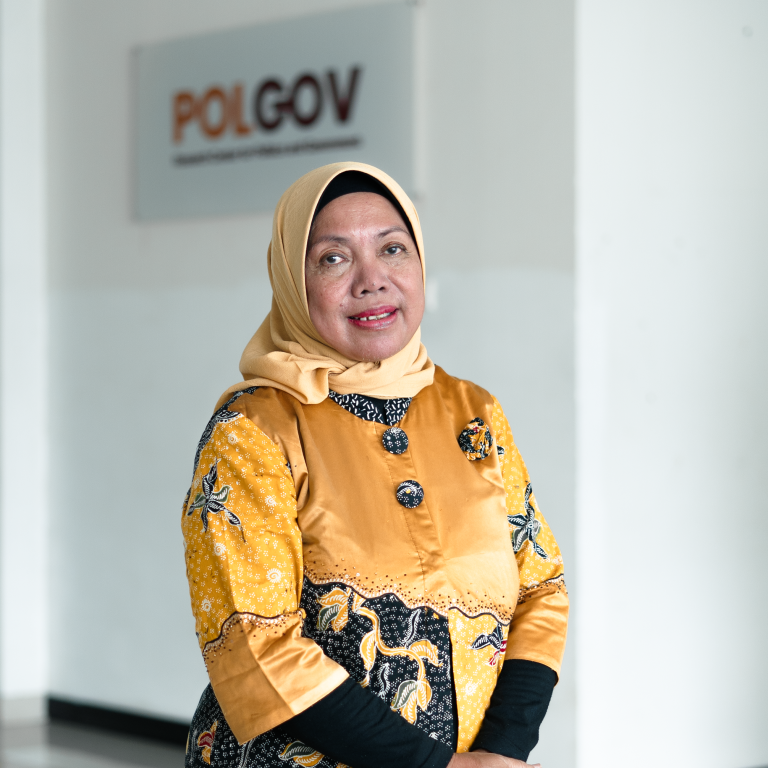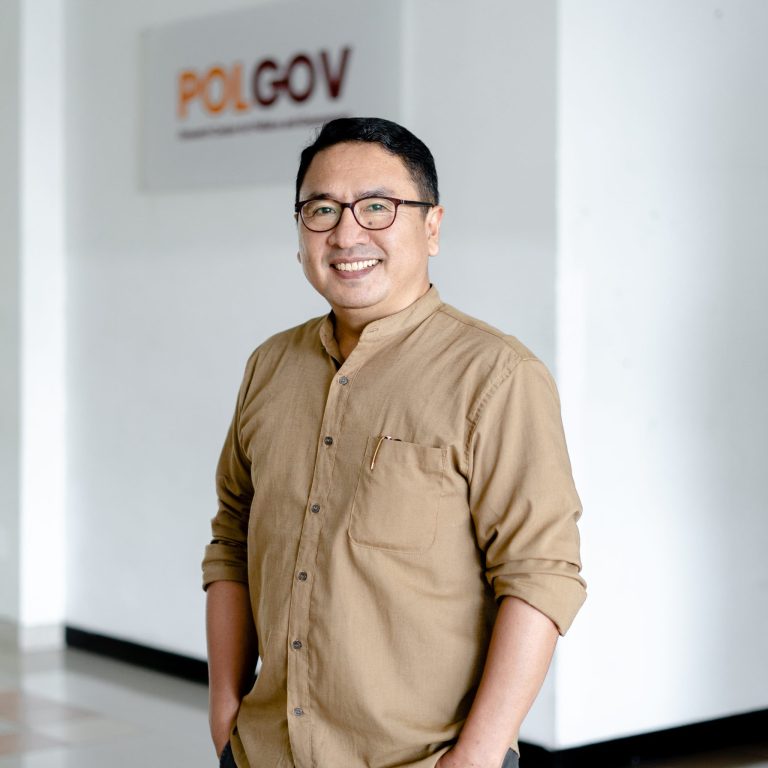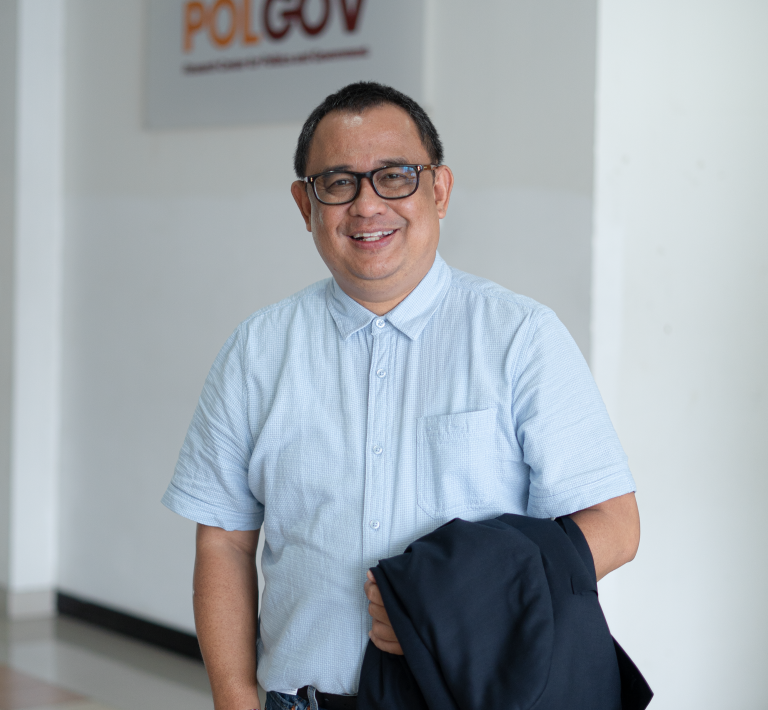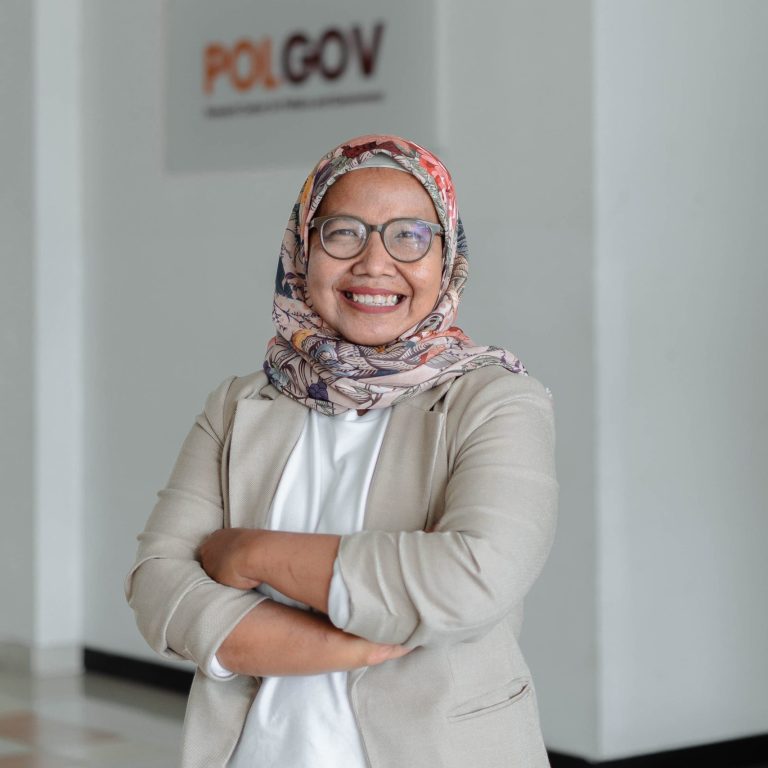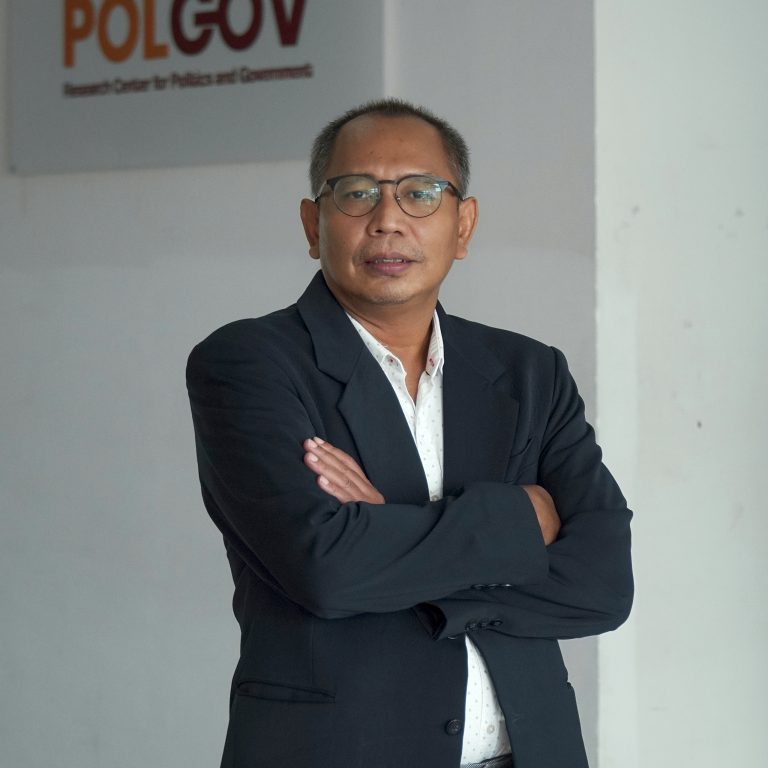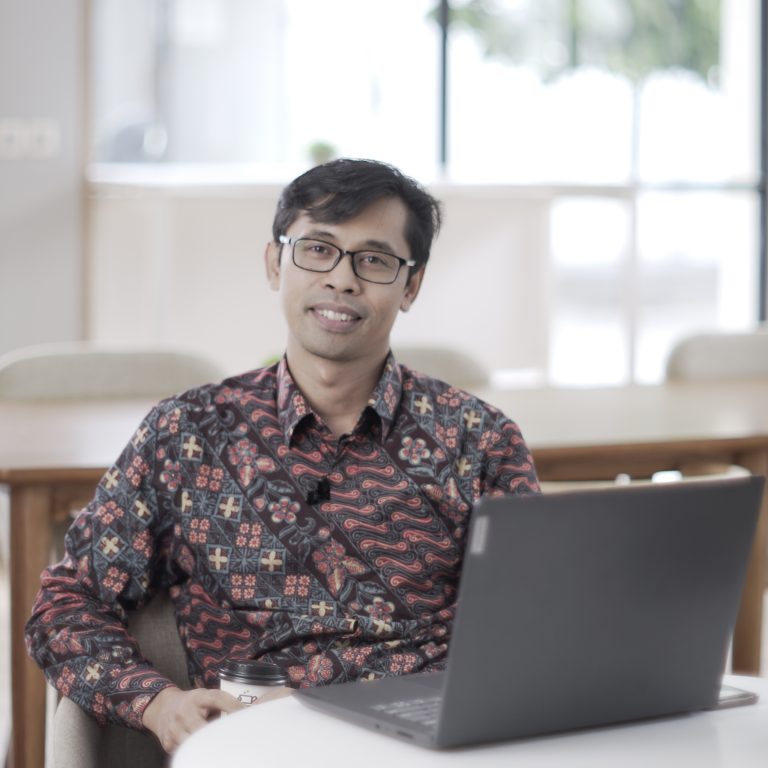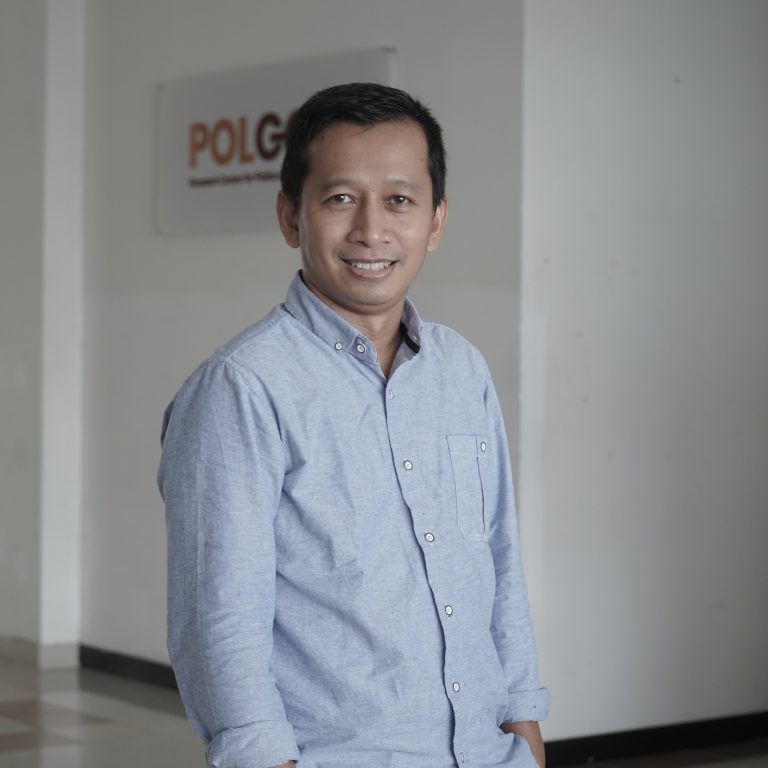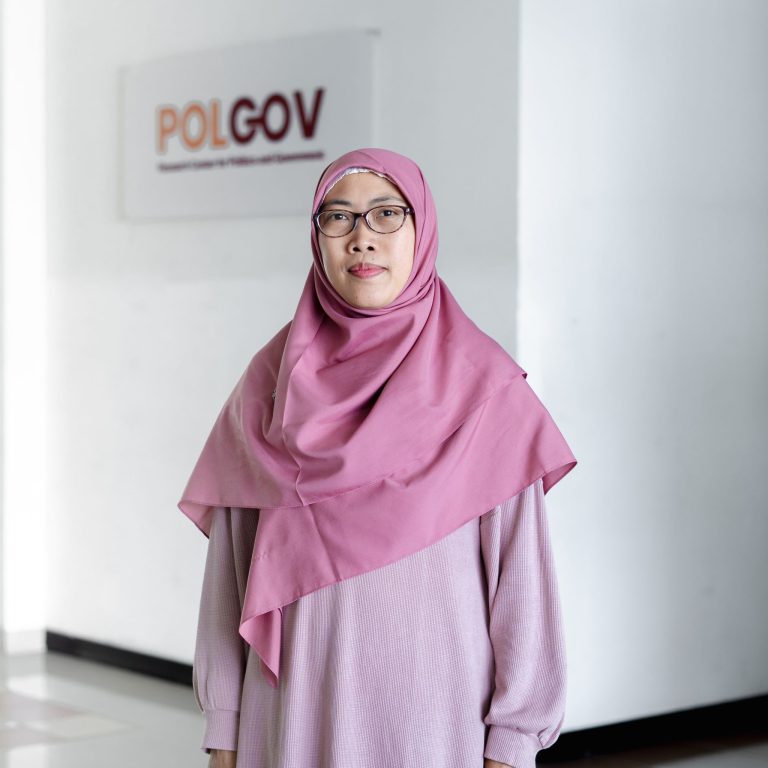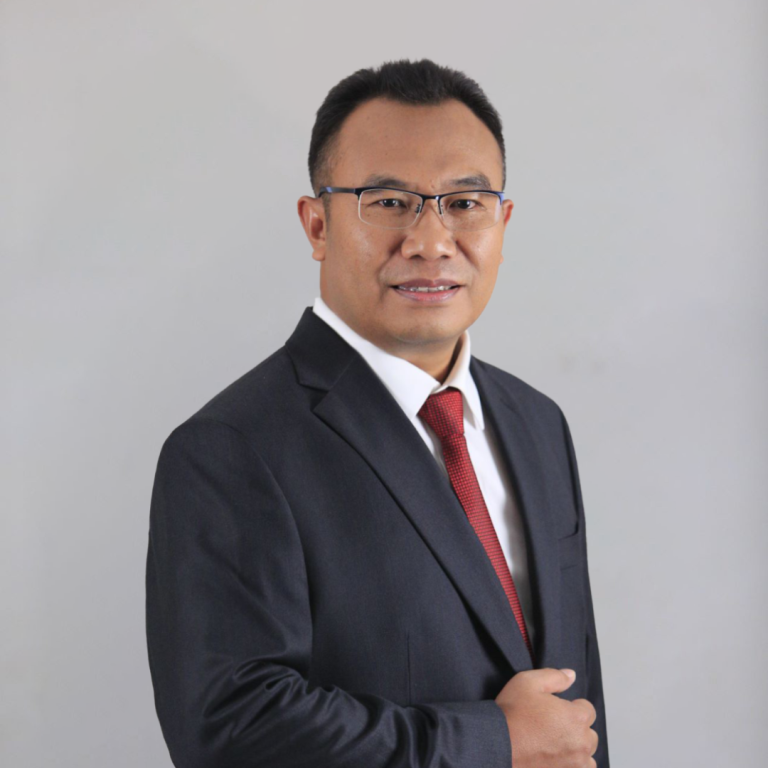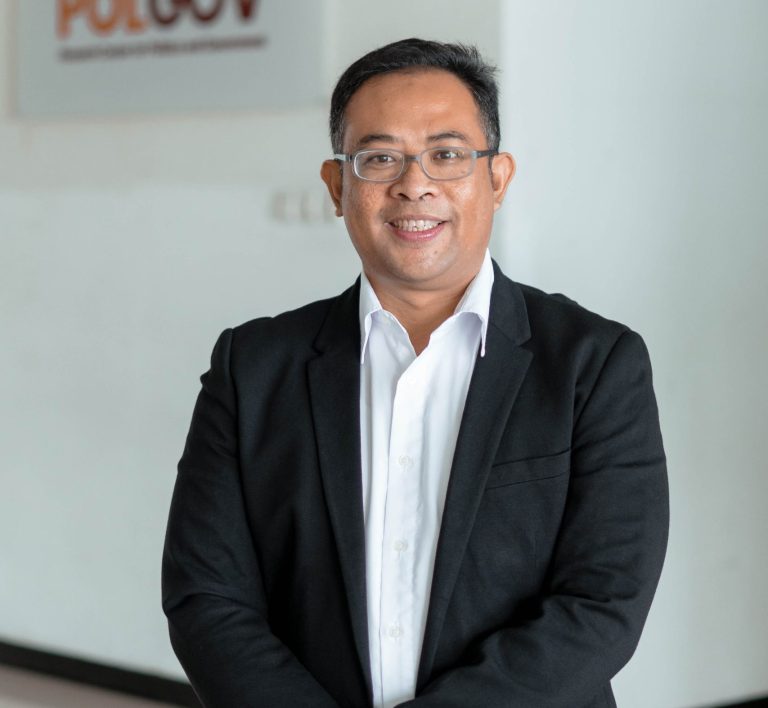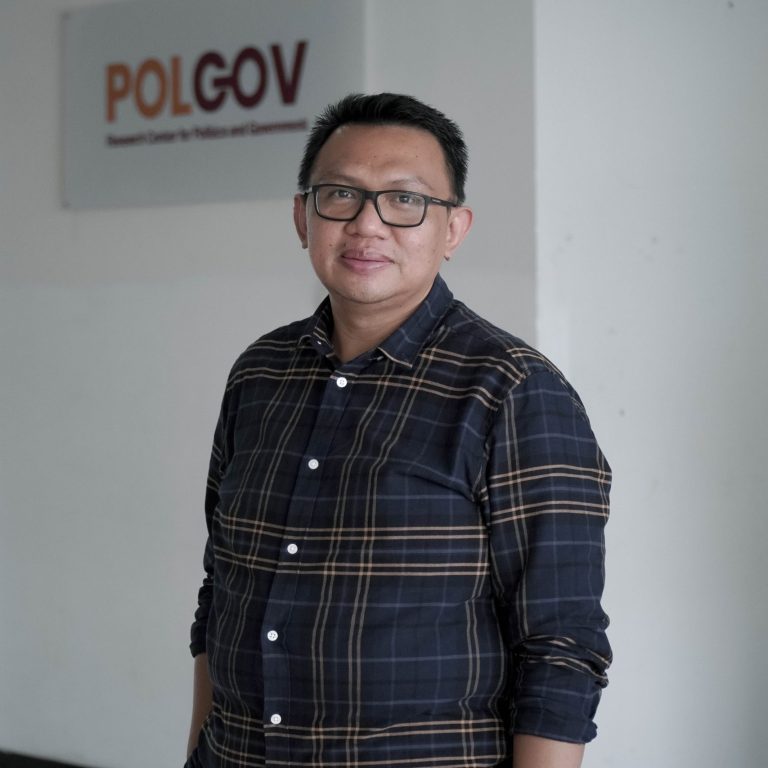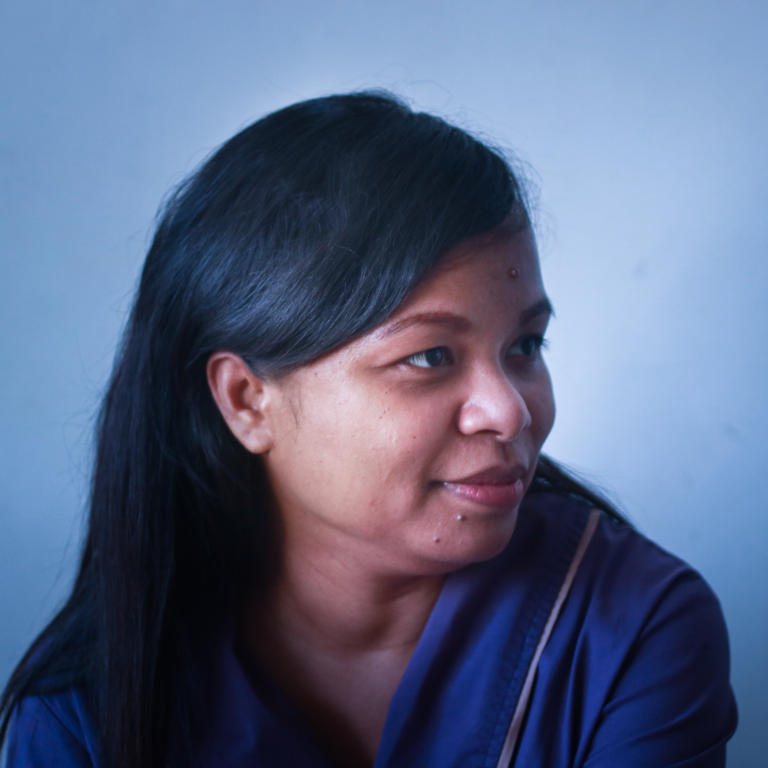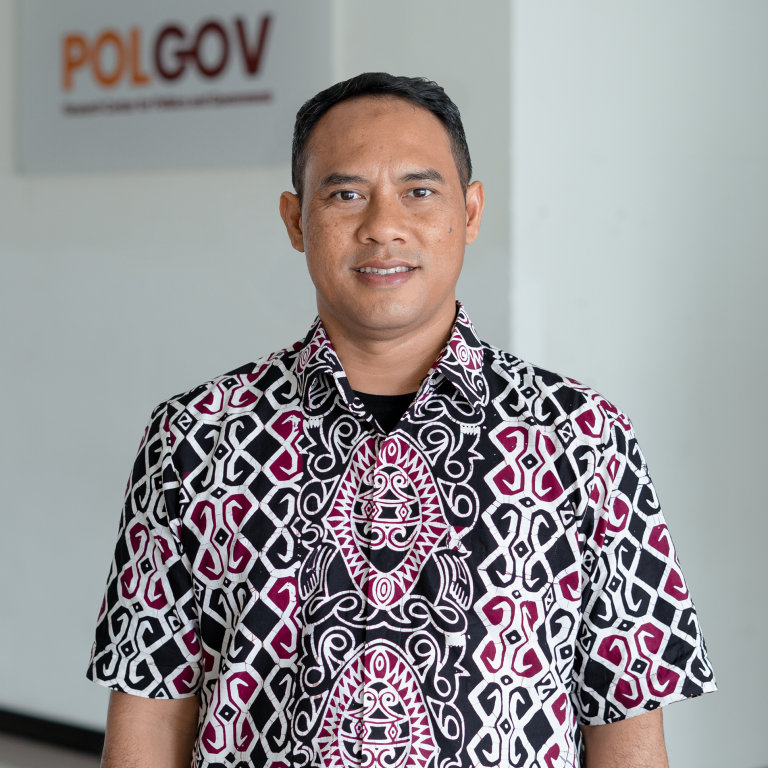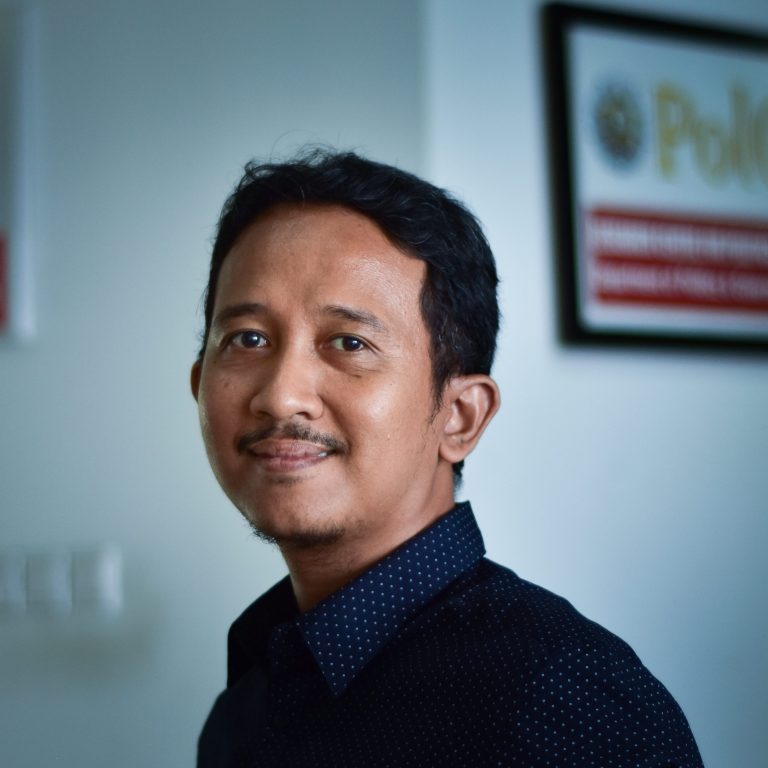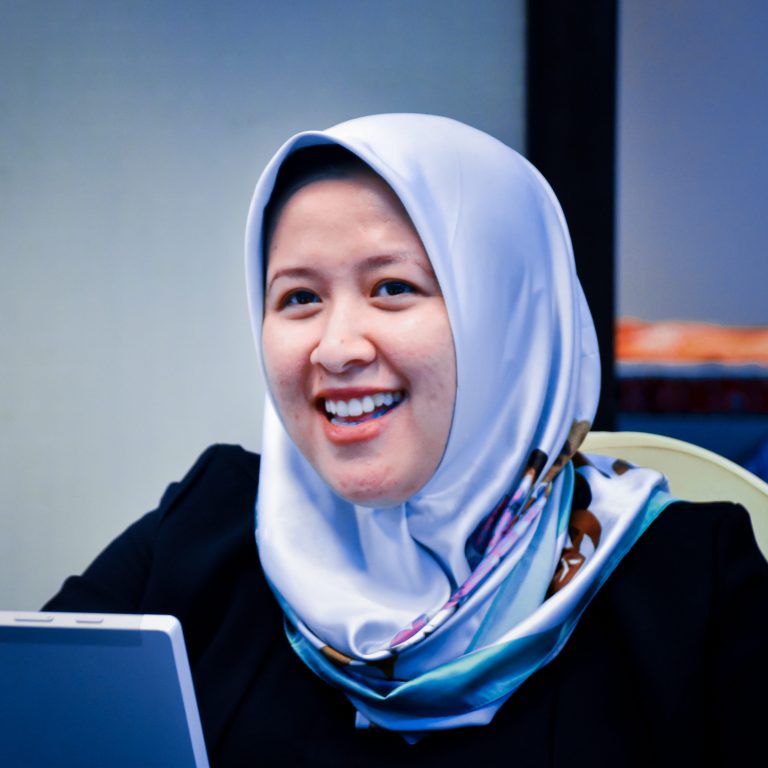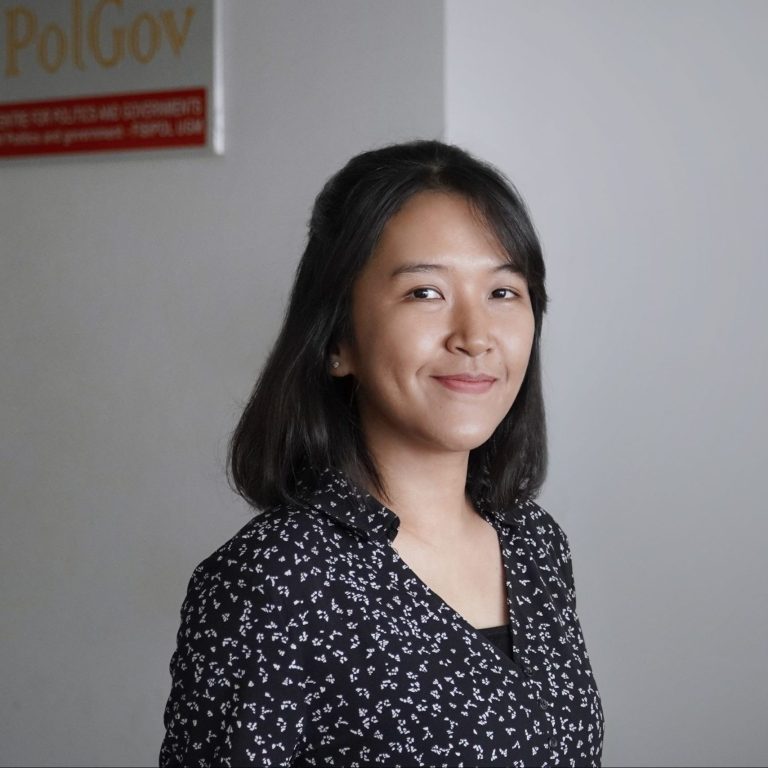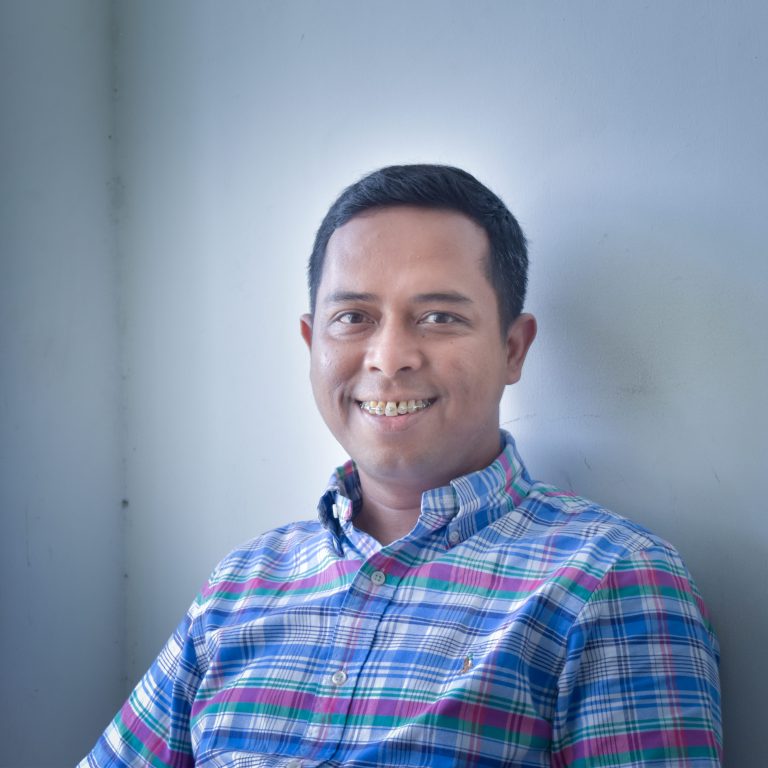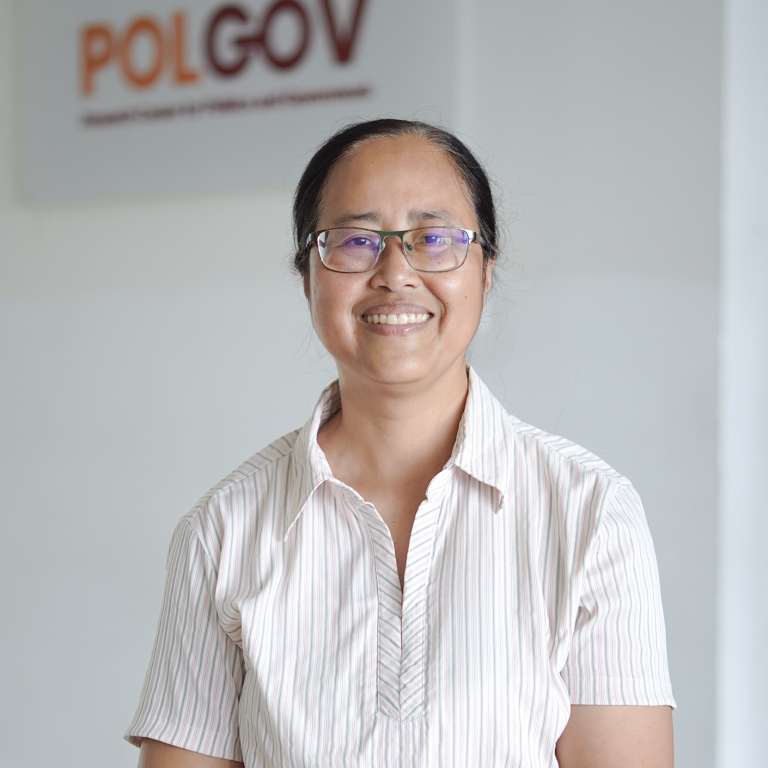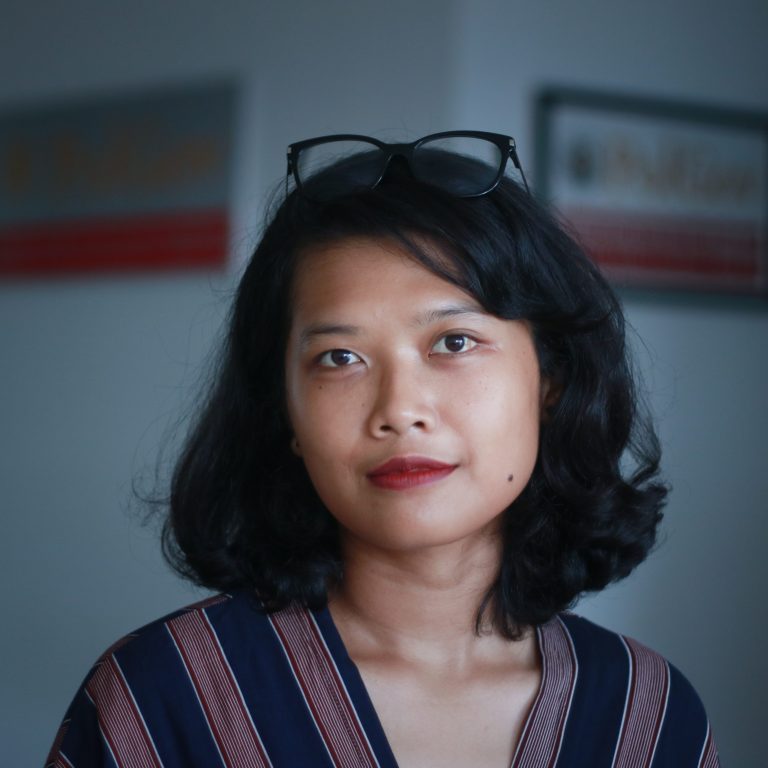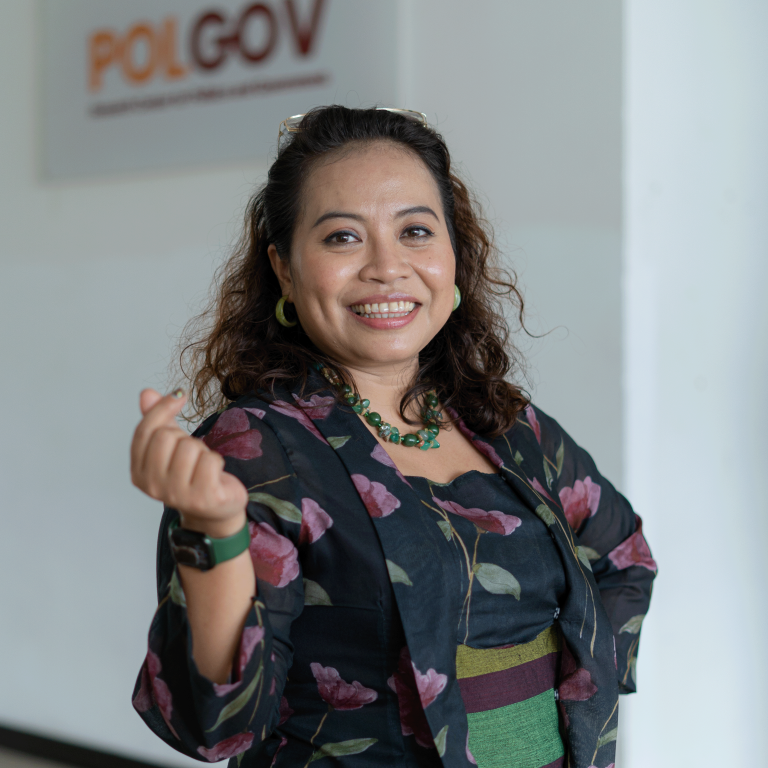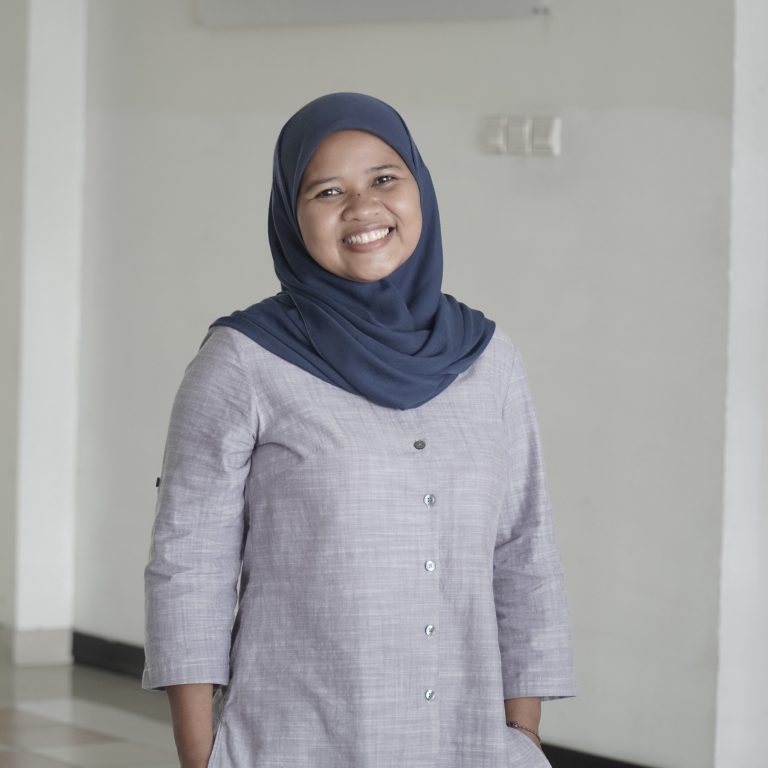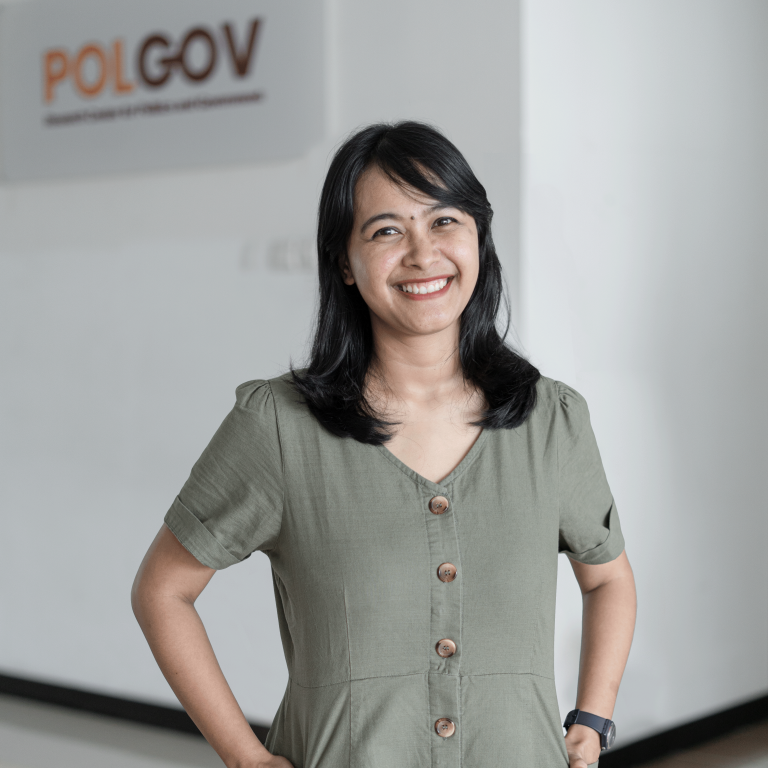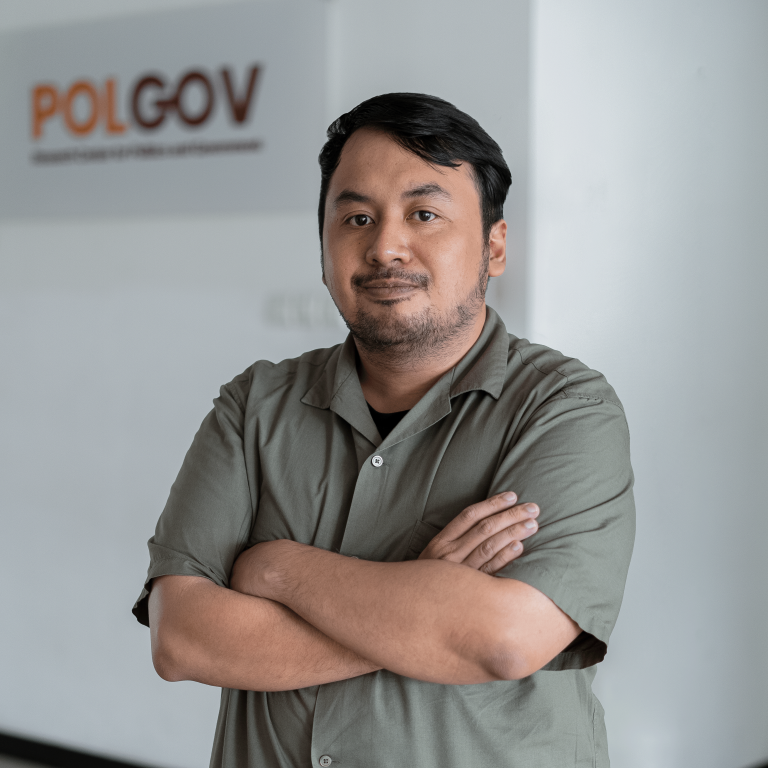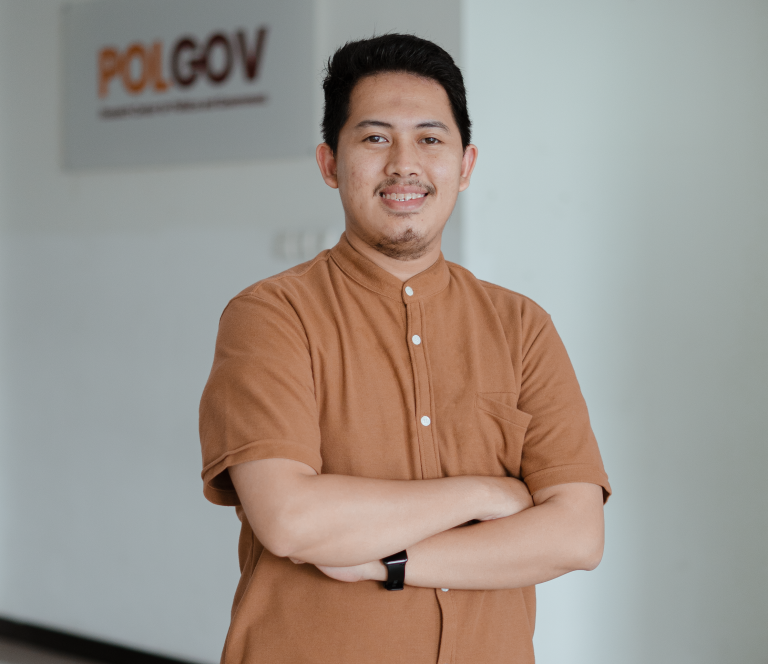Prospective Students
POSTGRADUATE PROGRAM /
Master of Arts in Politics and Government (MAPG)
Accredited by:

- Applicants create a registration account through the website um.ugm.ac.id.
- Prepare the registration number/application data, prepare the scanned documents, and upload all required documents according to the provisions.
- The uploaded documents must be clearly readable for the administrative verification process.
- Applicants make the payment for the registration fee according to the guidelines listed in the payment stages. The paid registration fee cannot be withdrawn or transferred to another person or used for registration in the next period.
- Applicants who are not accepted in one wave may reapply in the next wave with an exemption from the registration fee.
- Motivation Letter (300 words).
- Statement of chosen study concentration.
- Thesis research plan draft (750-1000 words) excluding references.
- Curriculum Vitae.
- Minimum-specific program requirements for Academic Potential Test results:
- PAPS UGM = 475
- TPDA PLTI = 475
- TPA Bappenas = 475
- Minimum-specific program requirements for English Proficiency Test results:
- ITP TOEFL = 450
- AcEPT UGM= 209
- TOEP PLTI = 45 (450)
- IELTS = 5
- iBT TOEFL = 45
Courses Concentration
The Masters Program in Politics and Governance at UGM currently offers five scientific concentrations, namely Indonesian Politics, Local Politics and Regional Autonomy, Election Governance, Natural Resources Management, and Human Rights and Democracy.
1. Indonesian Politics
This concentration explores the dynamics of Indonesian politics at the national level. Through this concentration, students are encouraged to understand actors, institutions, mechanisms, and the direction of political change in Indonesia from time to time. Students will learn about a variety of approaches and theories that explain these changes. Analytical competence will be the main dimension that will be developed through this concentration.
2. Local Politics and Regional Autonomy
This concentration aims to encourage students to have strong analytic competencies and to combine them with practical and advocacy competencies that enable students to be actively involved in social change at the local level.
3. Election Governance, Political Party, and Parlement Management
Elections have become an important mechanism in the institutionalization of democracy in Indonesia. Therefore, strong human resources are needed to oversee quality and fair elections. This concentration equips students with analytical and practical competencies by encouraging an understanding of macro and micro aspects of election management. Through a lecture process that involves a more active method, students will also be encouraged to find real solutions for more transparent, accountable, and democratic election management.
4. Human Rights and Democracy
Human rights and democracy have become important global norms that underline every social and political practice. However, as a global norm in practice, human rights and democracy often give rise to new tensions due to variations in social and political contexts. The concentration of Human Rights and Democracy in the MAPG seeks to understand the various perspectives in this area. The focus will be directed not only on the value dimension but also on the institutional aspects and their impact on social and political change. This concentration encourages students to have strong political competence as well as advocacy skills related to democracy and human rights.
5. Natural Resources Management
Almost all political practices cannot be separated from the resource factor, one of which is natural resources. The Natural Resources Management concentration in MAPG invites students to discuss the importance of natural resources in the context of political economy, both locally, nationally and internationally. This concentration discusses how political processes are intertwined with corporate actors for the sake of political economy interests. Not infrequently, the political processes carried out are intermediate goals in order to create extractive economic sustainability in various sectors and actors.
Courses
In first semester, Masters students in the Department of Politics and Government have 6 (six) compulsory courses that must be completed before continuing on to the next semester.
In second semester, Masters students only have 1 (one) compulsory subject, namely Research Methods. In this semester, Masters students are also required to choose 5 (five) courses from 1 (one) concentration only. This means that students in second semester have a total of 6 (six) courses that must be completed to proceed to the next semester.
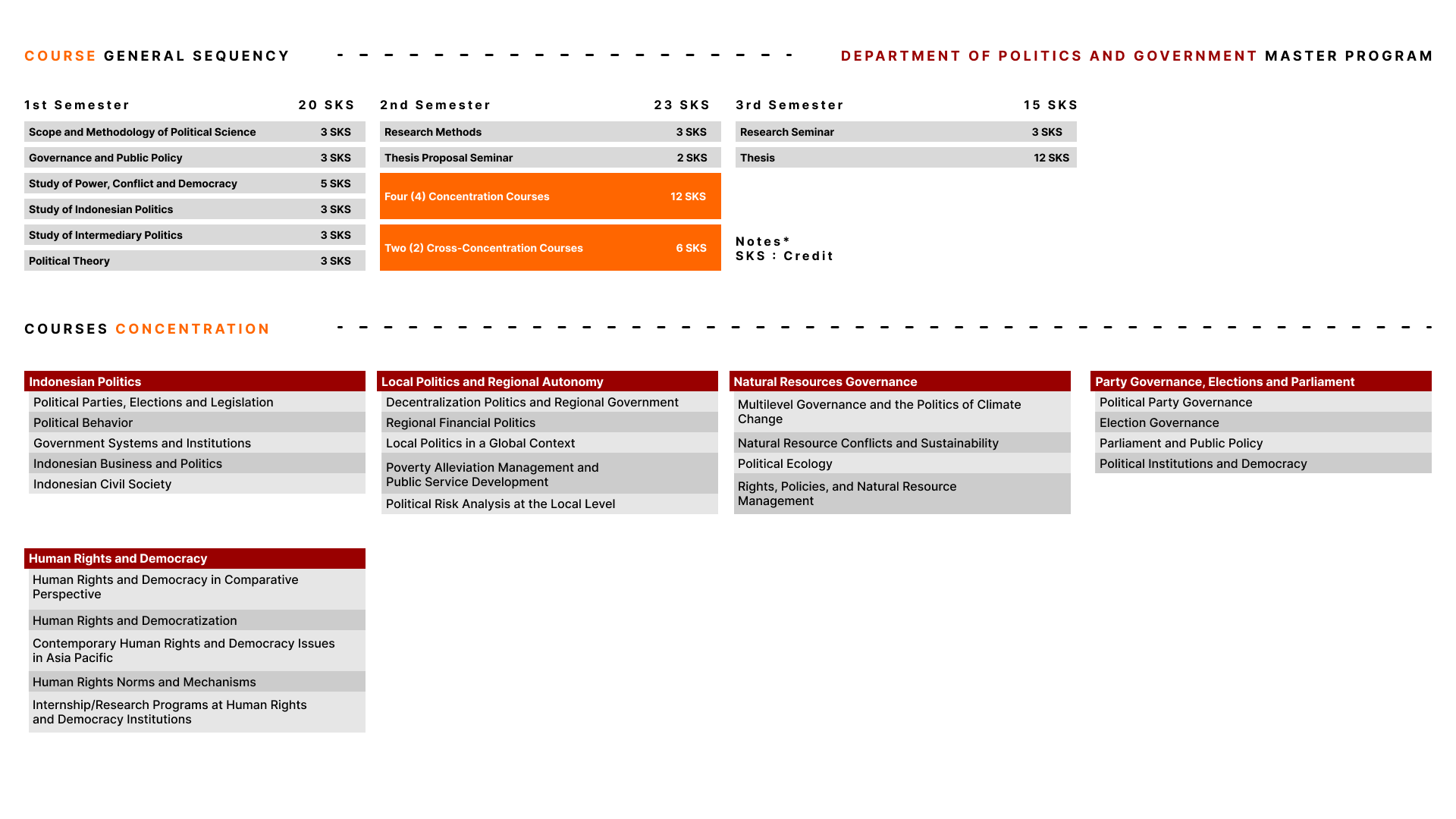
Registration fees, matriculation fees, tuition fees, as well as master’s program graduation fees can be accessed via the button below.
Amount of Tuition Fee (UKT)
Million Rupiah / Semester
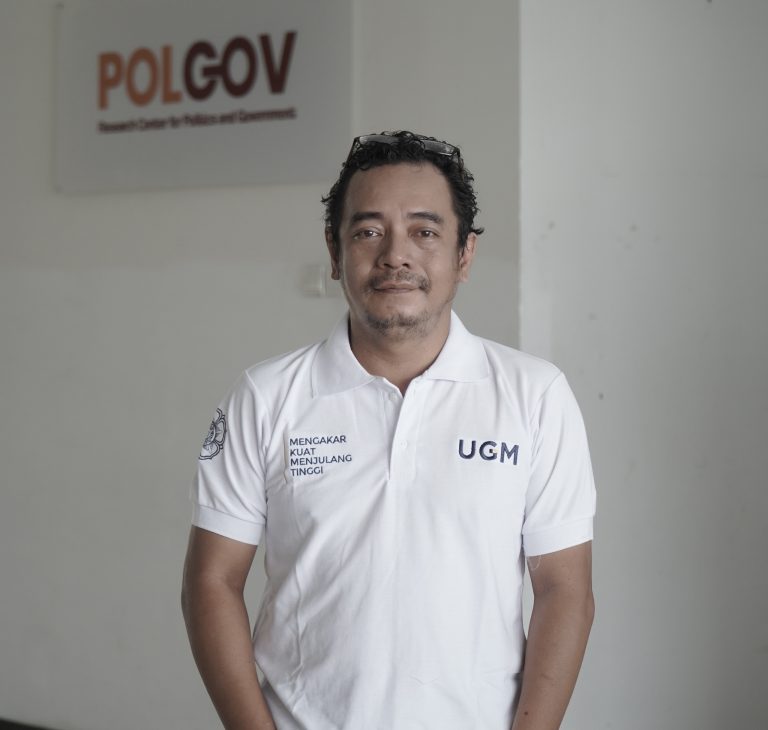
Dr. Joash Elisha Stephen Tapiheru, M.A.
Expertise: Political Theory-Post Structural Discourse Theory, Public Policy, and Governance
Frequently Asked Questions (FAQs)
There are 2 conditions, namely general conditions and special conditions. General requirements follow university requirements, further information regarding these general requirements can be accessed via the um.ugm.ac.id link. Special requirements for study programs: Projection of wishes and research proposal design.
Visit um.ugm.ac.id as the main source of information. You may also get the latest news on the admission by visiting dpp.fisipol.ugm.ac.id and our social media.
There are 2 selection processes, the first is administrative stage in the form of submiting required files. The second is interview stage, interviews were conducted online via the Zoom application or Google Meet. The assessment of these 2 stages will later be taken into consideration for the admission selection.
During the selection process, prospective students are required to attach certificate of potential rest results along with language proficiency tests with scores according to applicable rules on um.ugm.ac.id
Please kindly find the detailed information here.
The UGM Political and Governance Masters Program currently offers five concentrations, namely Indonesian Politics, Local Politics and Regional Autonomy, Election Governance, Natural Resources Management, and Human Rights and Democracy.
Students choose the concentration in the 2nd semester
The student quota of MAPG is 50 students per batch
The tuition fee is Rp 10.000.000/semester according to the Decree of the Chancellor of the Universitas Gadjah Mada Number 6949/UN1.P/KPT/HUKOR/2021
Assessment is based on administrative documents as well as assessment during interviews.
We cooperate with various institutions both national and international. The well-nown national institutions offering scholarships are LPDP, KPU RI, and other local government instutions.
For international scholarships, we offer student exchange programs and students are encouraged to take opportunities to join collaborative research collaboration.

